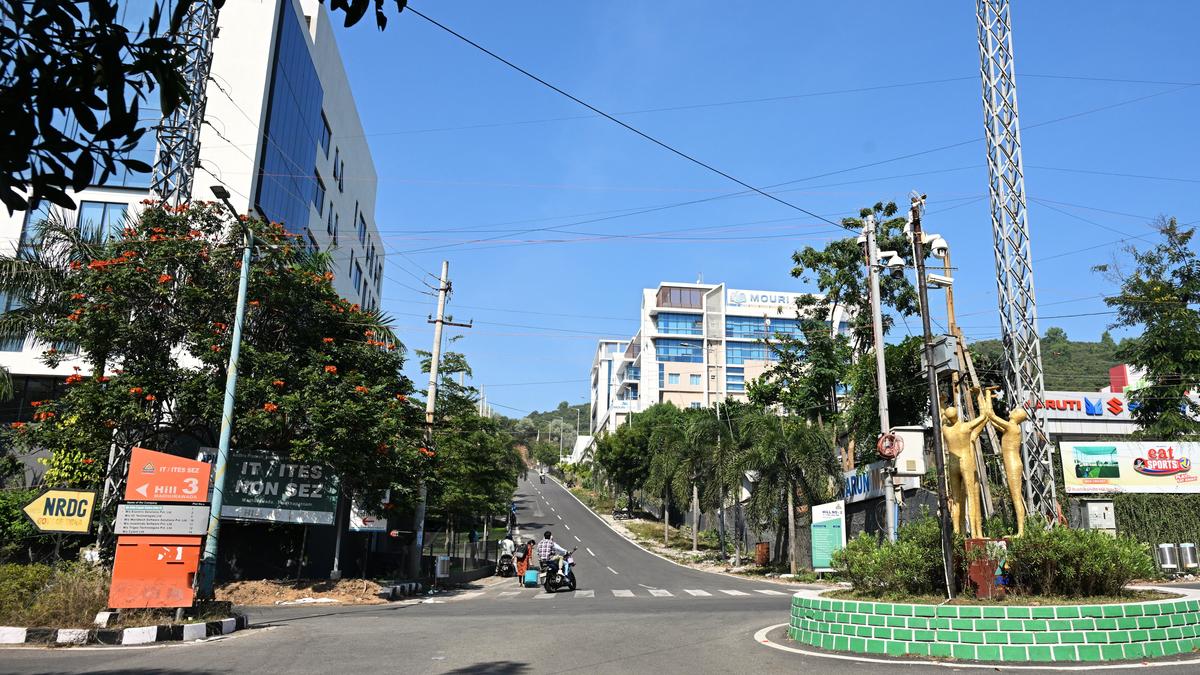Trump’s H-1B fee hike worries Andhra Pradesh IT community, but industry sees silver lining
By Kamalakara Rao
Copyright thehindu

The information technology (IT) community in Andhra Pradesh, including entrepreneurs, employees, and students, has reacted strongly to U.S. President Donald Trump’s decision to raise the H-1B visa fee to $100,000 per applicant, marking a major policy shift.
APDTI (AP Digital Technology Industries) Network chairman Sreedhar Kosaraju told The Hindu that the move would sharply increase costs for companies. “The fee is now 22 times higher than before ($100,000 compared to $4,500). This applies to new applications and makes it far more expensive for firms sponsoring Indian IT professionals in the U.S.,” he said.
Top Indian IT firms such as TCS, Infosys, Wipro, and Tech Mahindra have already reduced their dependence on H-1B visas by shifting more work to India and hiring locally in the U.S. However, the steep fee hike is expected to trigger further adjustments and disrupt some onshore projects.
With fewer H-1B opportunities, companies are expected to expand offshore operations from India and invest more in automation, as U.S. multinationals move jobs away from American soil. “This will lead to more GCCs (global capability centres) being set up in India. It is an opportunity for Andhra Pradesh to attract such investments,” Mr. Sreedhar said.
While Indian firms may lose some onshore business, they are likely to gain from an expanded offshore portfolio and a strong talent pool within India. Mr. Sreedhar added that the policy could indirectly accelerate India’s emergence as a global hub for technology and innovation.
Another IT entrepreneur, who did not wish to be named, said the decision would have serious implications for Indian professionals in the U.S. “Workers on H-1B visas will face fewer job offers and tougher renewal and transfer processes, meaning only the most critical or highest-paying roles will get sponsorship,” he noted.
According to IT sources, major users of H-1B talent such as Amazon, TCS, Microsoft, and Google are expected to significantly scale back visa hires, which could lead to project delays and cost escalations in the U.S. Smaller firms and research institutions, unable to absorb the high costs, may stop sponsoring H-1Bs altogether.
An academic at Andhra University observed that the policy could encourage skilled Indian professionals and students to stay in India or return home, slowing or even reversing the “brain drain” to the U.S. “Top Indian students who might have gone to the U.S. for higher studies or jobs may now explore countries with more welcoming immigration policies, or choose high-paying opportunities within India’s expanding AI and technology ecosystem,” he said.



